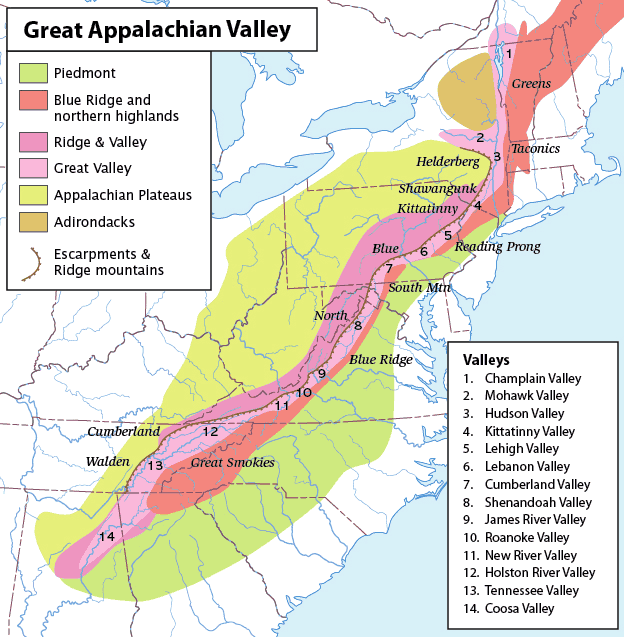 |
| The Monongahela National Forest; photo taken from slopes of Back Allegheny Mountain looking east (Valerius Tygart - Appalachian Mountains / Wikipedia) |
As our patriarch William (the rebel) Lawson was originally from Scotland, banished to America and then eventually settled in Snowflake, Virginia, I thought this article on The Dialect of The Appalachian People by Wylene P. Dial posted at West Virginia Archives and History would be appropriate to feature here.
~~~~~~~~~~~~~~~~~~~~~~~~~~
The dialect spoken by Appalachian people has been given a variety of names, the majority of them somewhat less than complimentary. Educated people who look with disfavor on this particular form of speech are perfectly honest in their belief that something called The English Language, which they conceive of as a completed work - unchanging and fixed for all time - has been taken and, through ignorance, shamefully distorted by the mountain folk.
The fact is that this is completely untrue. The folk speech of Appalachia instead of being called corrupt ought to be classified as archaic. Many of the expressions heard throughout the region today can be found in the centuries-old works of some of the greatest English authors: Alfred, Chaucer, Shakespeare, and the men who contributed to the King James version of the Bible, to cite but a few.
Most editors who work with older materials have long assumed the role of officious busy bodies: never so happy, apparently, as when engaged in tidying up spelling, modernizing grammar, and generally rendering whatever was written by various Britons in ages past into a colorless conformity with today's Standard English.
To this single characteristic of the editorial mind must be ascribed the almost total lack of knowledge on the part of most Americans that the language they speak was ever any different than it is right now. How many people know, for example, that when the poet Gray composed his famous "Elegy" his title for it was "An Elegy Wrote in a Country Churchyard?"
Southern mountain dialect (as the folk speech of Appalachia is called by linguists) is certainly archaic, but the general historical period it represents can be narrowed down to the days of the first Queen Elizabeth, and can be further particularized by saying that what is heard today is actually a sort of Scottish-flavored Elizabethan English. This is not to say that Chaucerian forms will not be heard in everyday use, and even an occasional Anglo-Saxon one as well.
When we remember that the first white settlers in what is today Appalachia were the so-called Scotch-Irish along with some Palatine Germans, there is small wonder that the language has a Scottish tinge; the remarkable thing is that the Germans seem to have influenced it so little. About the only locally used dialect word that can be ascribed to them is briggity. The Scots appear to have had it all their own way.

Comments
Post a Comment
Welcome! Please feel free to comment, but anti-Christian comments or profanity will not be tolerated. Thank you, ed.